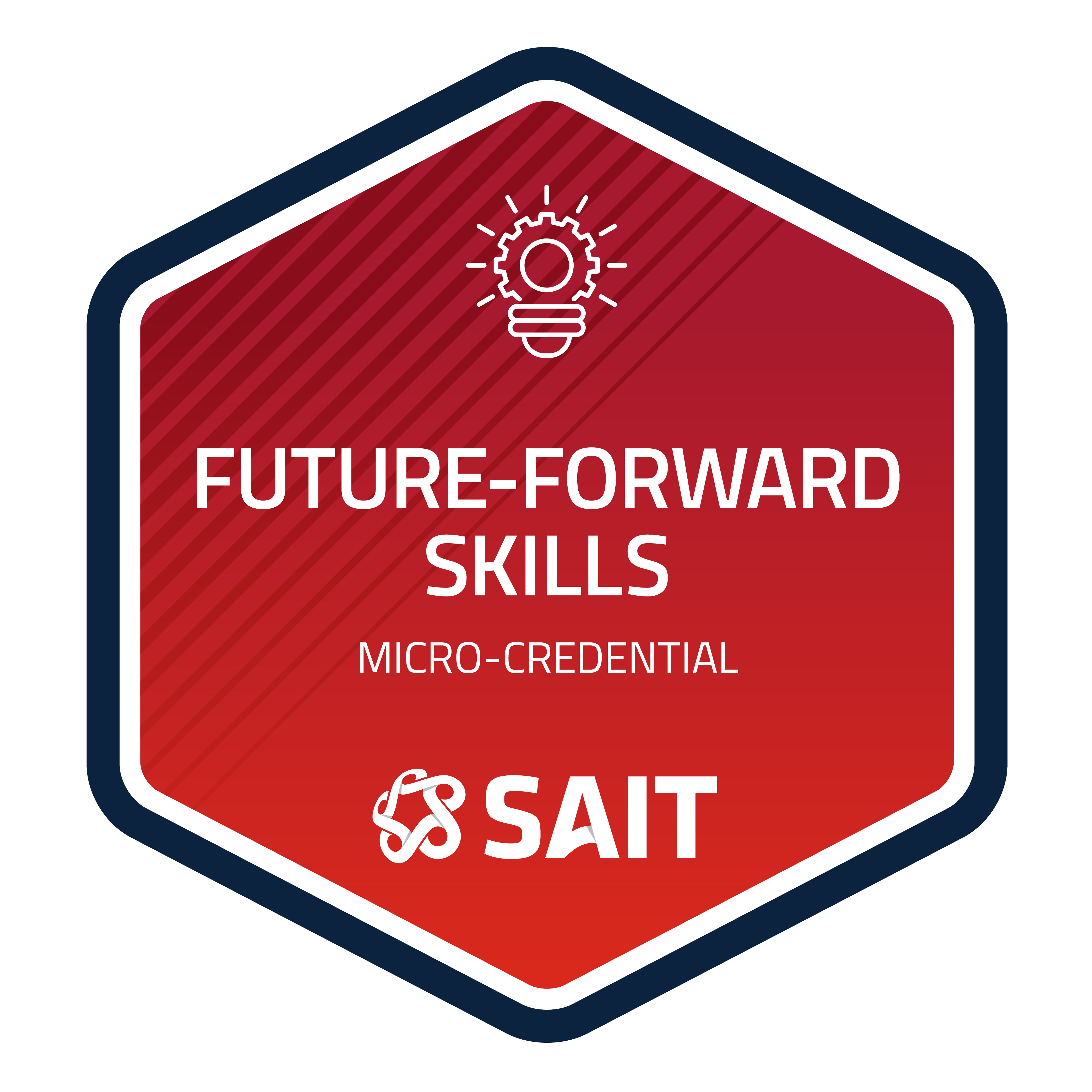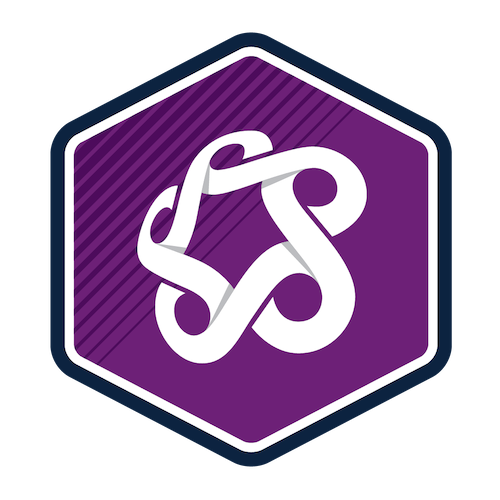Overview
Mass timber is a transformative technology that bonds layers of wood veneers, flakes or lumber to create larger, stronger panels and beams. This innovative building material offers a sustainable and versatile alternative to concrete and steel, aligning with today’s environmental and architectural trends.
In Mass Timber Products and Systems, you'll explore the fundamentals of mass timber manufacturing, building systems and their real-world applications. Gain essential knowledge to support your professional goals and personal interests while becoming part of one of the most innovative sectors in Canada’s construction industry.
Delivered in an engaging, self-directed online learning environment, you’ll work through interactive modular content and explore a wealth of resources, including informative articles, videos and in-depth case studies. During the course, you'll be able to tap into the expert guidance of our industry-trained instructors to get the most from this applied learning experience.
This is the first course and SAIT Micro-credential for the Sustainable Mass Timber Construction and Design Certificate of Completion. It will prepare you for the next two courses in the certificate.
Upon successful completion of this course, you’ll be able to:
- identify mass timber building materials
- explain the processes and steps involved in manufacturing engineered mass timber products
- discuss the attributes and performances of mass timber building products
- identify the sustainability characteristics of mass timber
- describe the applications of mass timber products in construction
- identify the types of mass timber building systems
- explain the types of connections in mass timber assemblies
- describe design performances of mass timber building systems for fire resistance, acoustic insulation, seismic performance and moisture/water damage.
To request a course outline, please contact ConEdAdvising@sait.ca.
Upcoming dates
Select an available section and add it to your cart. When you're ready, proceed to check out to sign into your student account and complete your registration.
Don't have a student account? Let's set one up!
Registration closes seven days before the start date for on-campus, online scheduled, and blended courses, and one day before the start date for online self-paced courses.
After you've completed this course
Upon successful completion of this course, you'll be able to self-print a proof of completion document from your Continuing Education student account.
Micro-credential
SAIT Micro-credentials develop future-ready skills aligned to emerging technologies and industries and include competency-based testing. Earning the SAIT Future-Forward Skills Micro-credential demonstrates to employers that you have the required competencies — combining knowledge, skills and abilities — to stay ahead in a rapidly changing workplace. Learn more.

Students who complete this course with a final grade of A- (80%) or higher will earn the Micro-credential and receive a shareable digital badge that validates their achievement.
Costs
Textbook and reading list
Included in the purchase of this course, you'll receive access to online course content in Brightspace (D2L).
Technology
To be successful in this course, you’ll need:
- Access to your own computer or laptop with standard hardware/software requirements
- Internet access.
Financial support
Financial opportunities are available to help pay for your course fees. Learn more about how to reduce your education or training costs with available awards, bursaries, loans and grants, including the Canada Alberta Productivity Grant.
Applicable certificates
This course applies to the following certificate programs:

Train your team
Interested in group training opportunities for this course? Tell us about your organization's needs, and one of our training consultants will contact you within one business day.
Stories and news

Alberta companies look to workforce training to close critical skills gaps
The Southern Alberta Institute of Technology (SAIT) provides corporate training to help businesses boost productivity and workplace performance.

Donor created space enables cybersecurity training for students and industry
The new SAIT Cyber Range creates an immersive cybersecurity training facility for students and industry in downtown Calgary.

Oki, Âba wathtech, Danit'ada, Tawnshi, Hello.
SAIT is located on the traditional territories of the Niitsitapi (Blackfoot) and the people of Treaty 7 which includes the Siksika, the Piikani, the Kainai, the Tsuut’ina and the Îyârhe Nakoda of Bearspaw, Chiniki and Goodstoney.
We are situated in an area the Blackfoot tribes traditionally called Moh’kinsstis, where the Bow River meets the Elbow River. We now call it the city of Calgary, which is also home to the Métis Nation of Alberta.
